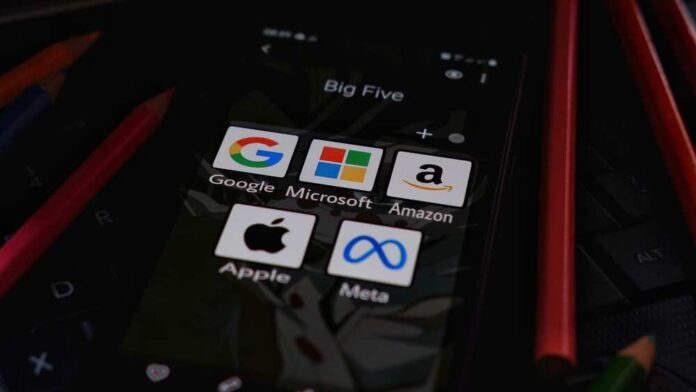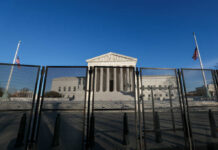
Rep. Jim Jordan (R-OH), who serves as chairman of the House Judiciary Committee, has sent subpoenas to five Big Tech CEOs — requesting they provide documents regarding their companies’ censorship practices and details of whether these practices involved the United States government.
Jordan sent the subpoenas on Wednesday in connection to the committee’s “weaponization of the federal government” panel. The panel is currently probing potential First Amendment violations committed by U.S. government agencies.
The Judiciary Committee chairman has sent subpoenas to Sundar Pichai, CEO of Google’s parent company Alphabet; Mark Zuckerberg, CEO of Facebook’s parent company Meta; Amazon CEO Andy Jassy; Microsoft CEO Satya Nadella and Apple CEO Tim Cook.
We just subpoenaed Google, Amazon, Facebook, Microsoft, and Apple regarding Big Tech’s reported collusion with the federal government.
Step one towards accountability.
— Rep. Jim Jordan (@Jim_Jordan) February 15, 2023
The subpoenas demand that the CEOs provide any and all documents and communications between their companies and the executive branch of the U.S. government that relate to “moderation, deletion, suppression, restricting, or reduced circulation of content.” The deadline for responding to the subpoenas is March 23.
In December while Democrats were still in control of Congress, Jordan — as a ranking member of the Judiciary Committee — sent several requests to Big Tech CEOs. Now that he is chairman, he is reiterating those quests.
In letters sent to Big Tech CEOs on February 6, which were obtained by Breitbart News, Jordan requested the same material that he is currently subpoenaing. Jordan wrote in these letters that despite the fact that “conversations” between congressional staff and the Big Tech companies had occurred in response to the previous requests, these companies still had “not made any substantial steps toward compliance.”
Jordan also included cover letters with his new subpoenas, which described the reasons behind him seeking the information.
“To develop effective legislation, such as the possible enactment of new statutory limits on the Executive Branch’s ability to work with Big Tech to restrict the circulation of content and deplatform users, the Committee on the Judiciary must first understand how and to what extent the Executive Branch coerced and colluded with companies and other intermediaries to censor speech,” he wrote.
Twitter CEO Elon Musk was noticeably absent from Jordan’s list of subpoenaed CEOs. The Judiciary Committee chairman noted in the cover letters to other CEOs that the release of the “Twitter Files” — which made public numerous documents and conversations between Twitter and the U.S. government — had become a “benchmark” that was set “for how transparent Big Tech companies can be about interactions with the government over censorship.”
“Numerous internal documents from Twitter reflect the weaponization of the federal government’s power to censor speech online,” Jordan continued, adding that it was “necessary for Congress to gauge the extent to which this occurred” at other Big Tech companies.














